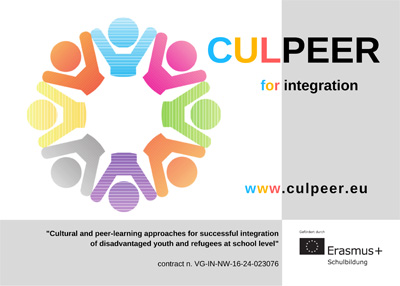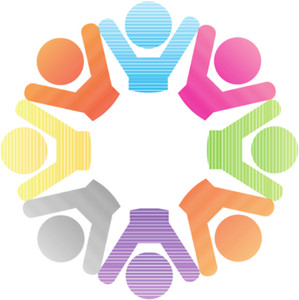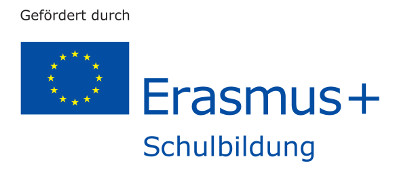CULPEER for Integration
 “CULPEER for integration - Cultural and peer-learning approaches for successful integration of disadvantaged youth and refugees at school level” is a new Erasmus+, KA2 project that started in December 2016, with a 24 month period of implementation.
“CULPEER for integration - Cultural and peer-learning approaches for successful integration of disadvantaged youth and refugees at school level” is a new Erasmus+, KA2 project that started in December 2016, with a 24 month period of implementation.
The project aims to implement and transfer cultural peer learning approaches for successful integration of disadvantaged youth and refugees at school level.
You can download, print and share our CULPEER-leaflet (PDF, 800 KB) when you click on the picture.
Learning with cultural youth groups from the South
Cultural peer learning approaches become more important as pedagogical methods. The project introduces a special aspect: joint activities with cultural youth groups from Africa, Asia and Latin America. Their members often themselves are living in difficult conditions. They demonstrate the potential of cultural activities for developing and improving one’s own perspectives for social integration.
To support these approaches the project introduces the comprehensive learning offer CULPEER with different tools for applying and implementing cultural peer learning approaches – guidelines, an e-learning course, presenting five modules about practical aspects of implementation, and an online portal with plenty OER, including interactive elements like audio tracks, video and internet films, web-links, chats, assessments, working groups, wikis, apps with special learning tools etc.
Peer-learning
Peer-learning is a central element of the project. Young people from Europe join performances and participate in common workshops. Artistic and cultural events are developed together. The peer guests are hosted in pupils’ families, which enables an intensive exchange, also at an informal level. The local partners and hosts of these events, especially the teachers, support the project, because they recognize the potential of this initiative for changing attitudes and for integration of disadvantaged youth and refugee children.
Integration of disadvantaged youth
Cultural and peer-learning approaches bring particular benefits for teachers, who educate pupils and students with difficulties. Groups/classes including children/youth with special needs (e.g. refugees, children with migrant background, children with social and economic problems) get intensive and new experience apart from conventional patterns of learning and competing in classrooms. The exchange and common creative activities with disadvantaged children and former street or homeless kids from so called “less developed” countries help teachers to show the kids new views on their own situation and to motivate them for activities and problem solving strategies of their own.
The potential of cultural peer learning has been recognized as able to support key competences acquisition – social behaviour and interaction, intercultural skills, mother tongue, foreign languages, non-verbal communication, learning to learn through joint cultural and peer activities, social and civic competence, initiative taking and cultural awareness and expression.
Integration of refugee children
A special focus of the project will lay on the integration of refugee children and young people. Europe has to face the challenge to integrate a lot of refugees in the society. Some of the participating countries are particularly affected by refugee issues. Cultural peer learning approaches have high potential for teachers and pedagogues to facilitate the integration of refugee children.
Peer learning allows refugee children to develop the skills needed to work well with others. Especially the common learning and work with young people from the South, who themselves are living in difficult social conditions, has innovative character and contributes to the improvement of social behaviour and interaction, intercultural, social and civic competences and supports thereby their social integration.
Targeted groups and partners
Target groups are teachers, headmasters, pupils and refugee children from participating schools; their parents hosting the cultural youth groups; pedagogues, staff and young visitors of youth centers; audience of the performances; press and media involved in PR activities. The partnership consists of schools and educational organisations from Bulgaria, Greece, Italy, Slovenia and Germany. Involved are 3 schools, a regional school directorate linked to 22 schools and 6 NGOs, engaged in cultural and social activities and school education.








